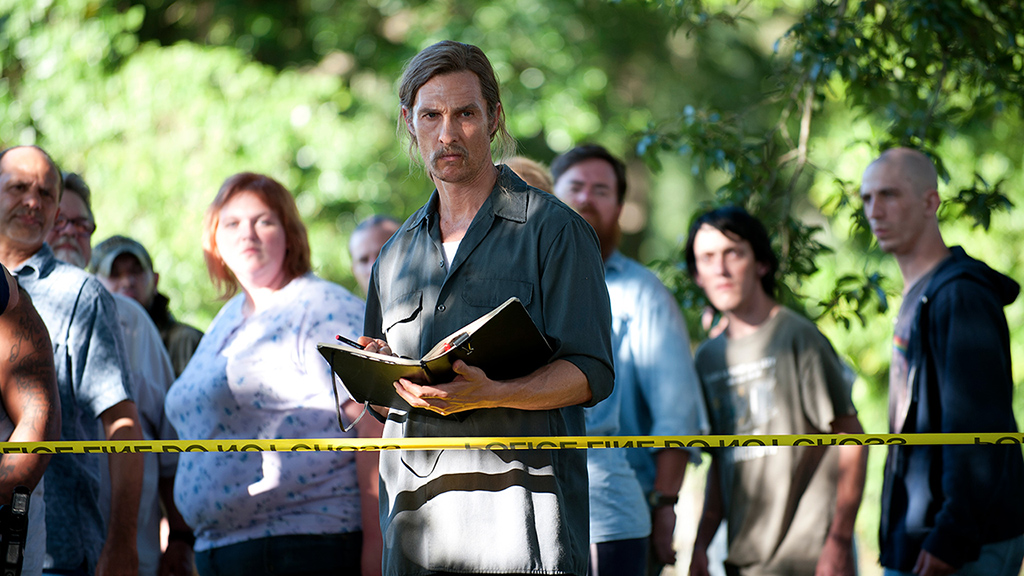Lee Jung-jae may feel satisfied by the upcoming “Squid Game” series finale, but he’s still worried about how fans will react to the end of the hit Netflix show.
Lee told The Hollywood Reporter while at the Tudum 2025 event that the third and final season of “Squid Game” will have a few twists. “We are going to be releasing quite soon, I am very nervous. I know that a lot of you out there are curious about what’s going to happen in Season 3, but all of us are more curious about how much you’re going to enjoy it,” Lee said. “So I can’t wait, I’m very nervous.”
“Squid Game” Season 3 premieres June 27 on Netflix. Lee previously won an Emmy in 2022 for his lead performance in the series created by Hwang Dong-hyuk. “Squid Game 2” premiered in December 2024 and debuted to 68 million views in its first week, which was a record for Netflix at the time. Beyond Season 3, the franchise could continue with David Fincher being rumored to direct an English-language spinoff.
Front Man actor Lee Byung-hun told THR that he read the scripts for Seasons 2 and 3 simultaenously. “It was just perfectly written,” Lee said. “It was such an intriguing and gripping read and I was once again in awe of director Hwang [Dong-hyuk]’s abilities.” As for the finale, he added, “I’m happy with how it ended but I know that the fans out there, they each have what they want to see happen, so I really am curious about how they’re going to respond to it. And I’m very nervous to find out.”
IndieWire’s review for Season 2 cited how the continuation felt like “the standard sequel to a Hollywood blockbuster” thanks in part to the “bigger, bolder style that tends to come with extra resources.” Critic Ben Travers wrote, “Season 2 is more like half-a-season, complete with a cliffhanger ending. For anyone satisfied with the first competition, the seven new episodes are still likely to provide enough visceral entertainment or vicarious thrills to merit a return trip. Season 2 continues to capitalize on a premise that’s instinctively absorbing — who will win and who will lose, who will play with honor and who will debase themselves, who will we identify with and who will we vilify. The slightly trickier questions — the ones that last a little longer than the length of each game — are when and why: When does a character cross a line? Why do they cross it? And can we empathize with their justifications for doing so?”



